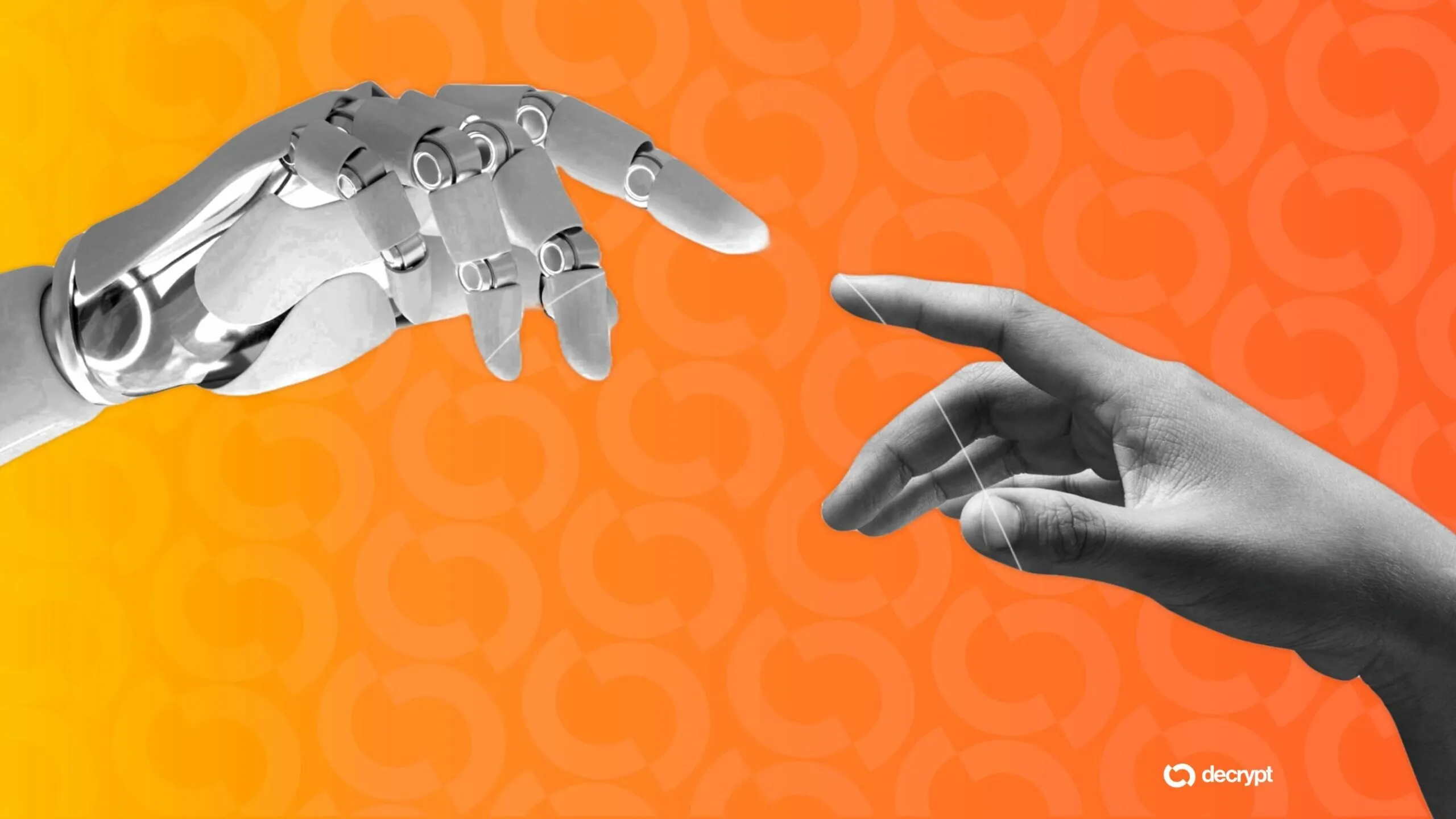In brief
- The bill would void any attempt to marry or form a personal union with an AI system.
- Humans—not machines—would bear full legal responsibility for AI-related harm.
- The proposal makes Ohio a leader in defining legal limits for artificial intelligence.
Artificial intelligence may be clever, but it can’t say “I do.”
A measure introduced by Ohio State Representative Thaddeus Claggett aims to make it law that humans can’t marry their chatbot. If passed, the legislation, House Bill 469, would make it illegal to recognize an AI system as a spouse, domestic partner, or any kind of life companion.

Though this might sound like a bizarre thing to legislate, people are indeed attempting to “marry” chatbots, though these are not legally recognized marriages in most states. These relationships involve a person forming a deep emotional connection with a chatbot, sometimes to the point of conducting virtual ceremonies or engagements. The trend—as with all trends, you can find an AI-relationships community on Reddit— is driven by a desire for unconditional support and a partner who is always available, but raises questions about the potential impact on human relationships.
But Ohio is apparently going on the record as being one of the first anti-AI marriage states. Indeed, it’s also going on the record as denying "personhood" to chatbots.
“No AI system shall be granted the status of person or any form of legal personhood, nor be considered to possess consciousness, self-awareness, or similar traits of living beings,” the bill states.
The legislation reflects growing concern that advances in generative AI could blur the line between human rights and machine autonomy. The bill defines AI as any machine or software capable of simulating humanlike functions such as learning or problem-solving—but makes clear that simulation is not the same as consciousness.
“Any purported attempt to marry or create a personal union with an AI system is void and has no legal effect,” the bill said.
The bill currently going through committee would also make companies legally responsible for any harm caused by their AI.
Under the measure, companies would be required to maintain safety mechanisms, conduct risk assessments, and report serious incidents involving injury or property damage.
“Labeling an AI system as 'aligned,' 'ethically trained,' or 'value locked' does not, on its own, excuse or diminish the owner's or developer's liability for harm,” the bill said.
HB 469 arrives amid an intensifying debate over AI sentience and the limits of machine autonomy. In August, OpenAI faced backlash after it abruptly deprecated GPT-4o, disrupting human-AI relationships as it rolled out GPT-5. Around the same time, Microsoft AI chief and DeepMind co-founder Mustafa Suleyman warned that developers were nearing systems that appear “seemingly conscious,” potentially misleading the public into believing machines are sentient or divine.
Ohio is among several U.S. states moving to enact legislation that says artificial intelligence has no legal personhood. Others include Utah, Idaho, and North Dakota, which have passed laws that explicitly state AI is not a person under the law.
The office of Representative Claggett did not respond to requests for comment by Decrypt.

